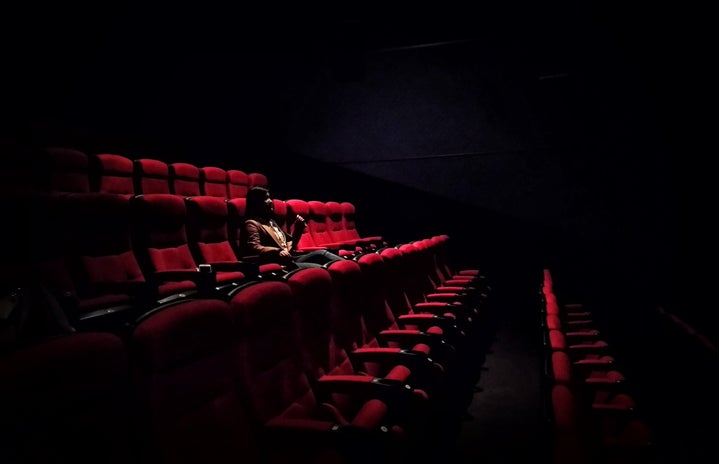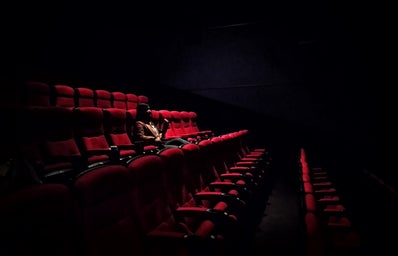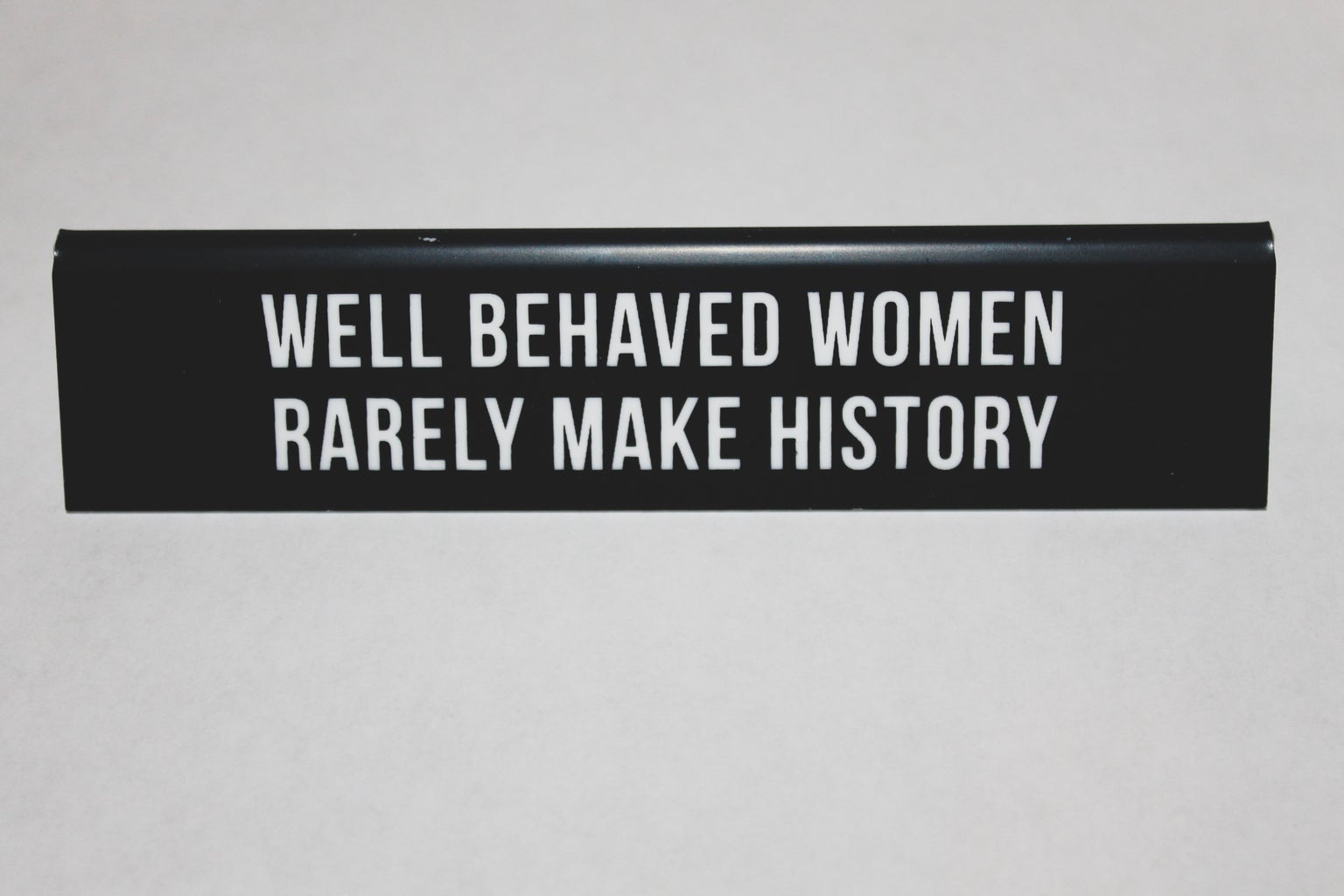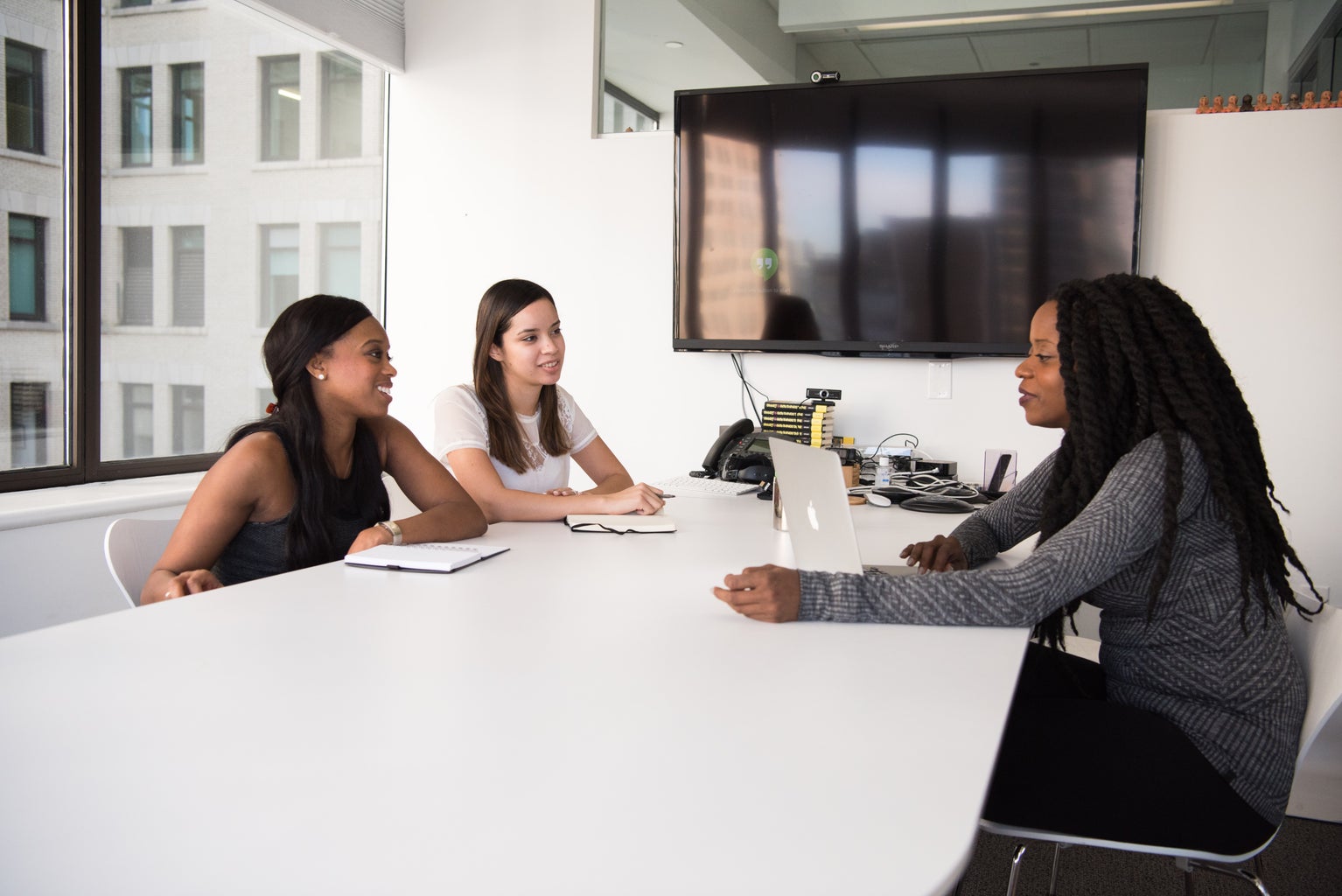Devin Wright is a third year comedy arts student at The Theatre School. For the festival Mess Fest, Devin is directing the show titled “Judy, did you hear the memo? The theme is Femme-o.” I sat down to interview Devin about the project and what exactly a femme show meant to her.
Q: For those who are unfamiliar, what is Mess Fest? What is the idea behind it?
Devin: Mess Fest is the premiere comedy arts class–not just class, but the major itself–where it’s a comedy festival that’s taking place at the Theatre School during the last week of October and first week of November. It’s a multimedia, multifaceted comedy festival, so there’s sketch shows, improv shows, stand-up shows, there’s going to be a comedy immersive art gallery. So they’re just trying to create a performance and creative opportunity for the students studying comedy at the theatre school.
Q: Following up on that, what is your project? What are you doing?
Devin: This is not a feminine comedy show. It’s based off of “femme fatale”; the concept of “femme fatale”, which is anything that opposes the patriarchy. Rather than femme as, you know, “feminine presenting” or being of a certain feminine identity, because we have people that don’t identify as feminine/who don’t identify as femme in the show. It’s more about anything that goes against the patriarchy.
Q: If you could go into more detail, what does your project entail? What can people expect from it?
Devin: We just want anyone who feels as though their existence has been determined or controlled by the patriarchy to be in our cast, but [ we want them to] also be in our audience, obviously. It’s a raunch femme show, but that’s not raunch in the sense of sexualness, it’s raunch in the sense of vulgarity. People who have always been classified as women or people that do classify as women talking about their experiences and pushing boundaries of language, language of our bodies. There’s going to be some brief nudity in the show as a spokane against how sexualized female bodies are.
Q: What was the inspiration behind this project and making it part of Mess Fest?
Devin: I’ve been on the identity journey, where I’m realizing things about my identity that have felt either controlled, or feel as though they need a platform for expression. And I think the term ‘femme people’ includes people who have either been forced to identify as femme by society, and people who have that certain physicality or body but not the privilege of saying how they want to identify. It’s a creative project that doesn’t have any masculine or male energy in it. That’s what “femme” to me means. Femme is anything that is not going for masculine. Like a male dominated work environment, we all know what that feels like and we all know what it feels like even if it’s not male dominated to have male voices be prioritized. This is a chance for people who don’t have those voices to come forward.
Q: What do you think is the significance of using comedy as the platform to do this?
Devin: We talked about this the other day in our first rehearsal, where I wanted to see what their ideas were on how to make it comedic and not something that’s self-deprecating or something that’s making the topics seem more like a pity party than an empowering thing. The word “reclaiming” is one that I’ve been super on recently. Like, reclaiming my body, reclaiming my sexuality, reclaiming this, reclaiming that. I’m feeling as though these stories are actually best used to be comedic because they’re so relatable to so many people. And it’s also because everybody who’s doing this show loves being funny and uses their experiences to make them funnier.
Q: The “self-deprecating” or “pity party” aspect of comedy, is that something you see as a pattern with femme voices?
Devin: Yes! Predominantly with femme people. Also this is predominantly with people who take up a space and aren’t a white cis straight man- which is a pretty big spectrum of people. Especially femme people are supposed to be a little bit self-deprecating because they’re in an environment where men profit off of doing standup about “how their ex-girlfriend is a whore” and things like that; pretty much slandering women, non binary people, trans people.
Q: Does this project align with your personal goals as a comic? Do you see yourself doing similar things in the future?
Devin: Yes. I don’t like working with men for the most part, unless it’s made clear to me that we’re totally equals and a male voice is not being prioritized over my own, because there’s been too many instances where that’s been true and it’s not acknowledging skill, not acknowledging work, not acknowledging talent, just because I am a woman. I like this environment. We just sat down for three hours the other day and got the most amount of creative work I’ve ever done with a team of people in just three hours. And half of it was spent with an intimacy coordinator so we weren’t even working then. Being in an environment where you feel really safe and you feel really uplifted is the only type of working environment I want to be in. And that’s not to say that men are excluded from that, permanently, but they have work to do to prove that they are good collaborators.
Q: You’re the main director, so what does that job entail?
Devin: My style of directing is still collaborative. I think for me directing is having the responsibility of being super receptive and pulling as much ‘funny’ out of everything that I’m seeing. That’s not coming from an authoritative stance, and as comedy arts students we’re being taught to not be super authoritative unless it’s over ourselves. So, for me it’s just assisting the performers as best as I can. I have objectives for the show like: to communicate an experience, to communicate an identity and that’s what I expect from the performers. It’s pretty much a lot of character work. It’s gonna be centered around individual identities that people are writing themselves and performing. So my artistic mission is to reshape the box we put performers in because it’s a lot of forcing them to play a role they don’t fit rather than putting them into a role they feel like they can fit and can identify in. There’s a lot of playing people that you could never see yourself being, which is definitely what acting is, but I think it’s also taking on identities that you feel like need to be expressed and told. As a biracial woman I feel like I’ve seen very little representation of my personal identity. I’ve seen a couple biracial women in the industry, but again they’re playing stigmas or stereotypes of biracial identity rather than an actual representation.
Q: What is the ideal experience you would be giving to an audience member? What do you want them to take from the show?
Devin: I just really want everybody to feel super empowered from it. If it’s a man I want him to feel empowered on uplifting femme voices and those identities that you’re gonna see onstage. If it’s a femme person in the audience it’s to come together and share experiences so they feel less alienated because of society and things like that. These are big concepts we’re dealing with. This is why I don’t really like how the phrasing of the show gets passed around as “the feminine show” or the “femme woman show” or the “all-woman cast” because that’s all politically not true. I don’t even know if I have the authority to say “femme is now rephrased to be this” because I was told by a couple of my friends that that word has a very specific meaning in the queer community too. You have to be mindful of everything.
Mess Fest runs from October 27th-November 7th at the Theatre School. You can catch Devin’s show on November 6th at 10 pm in the Watts Theatre. Tickets to the festival are available on the theatre school website.




